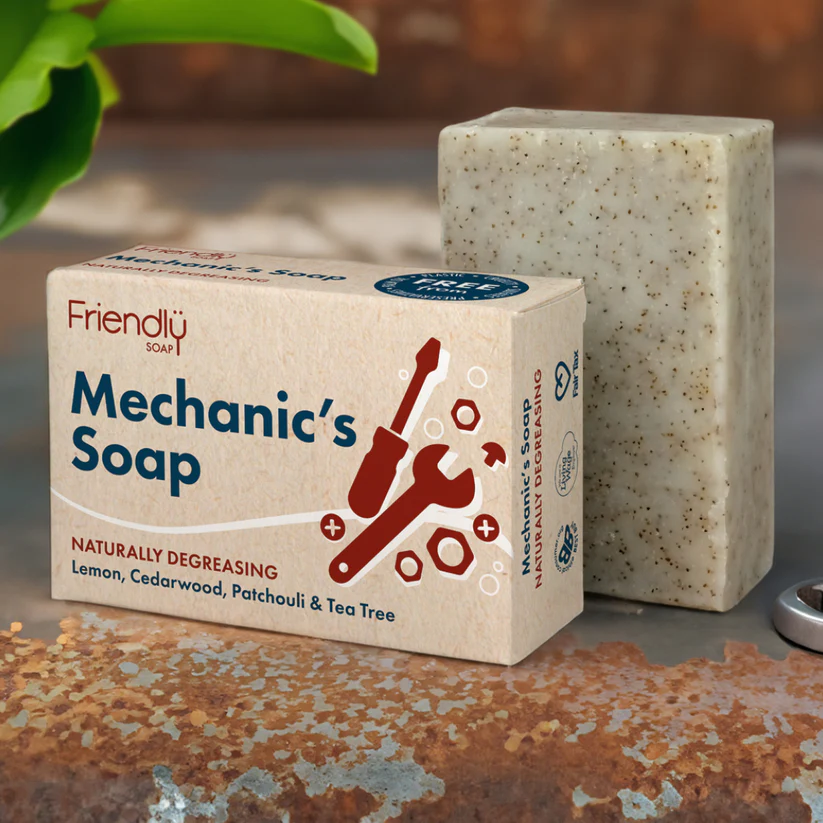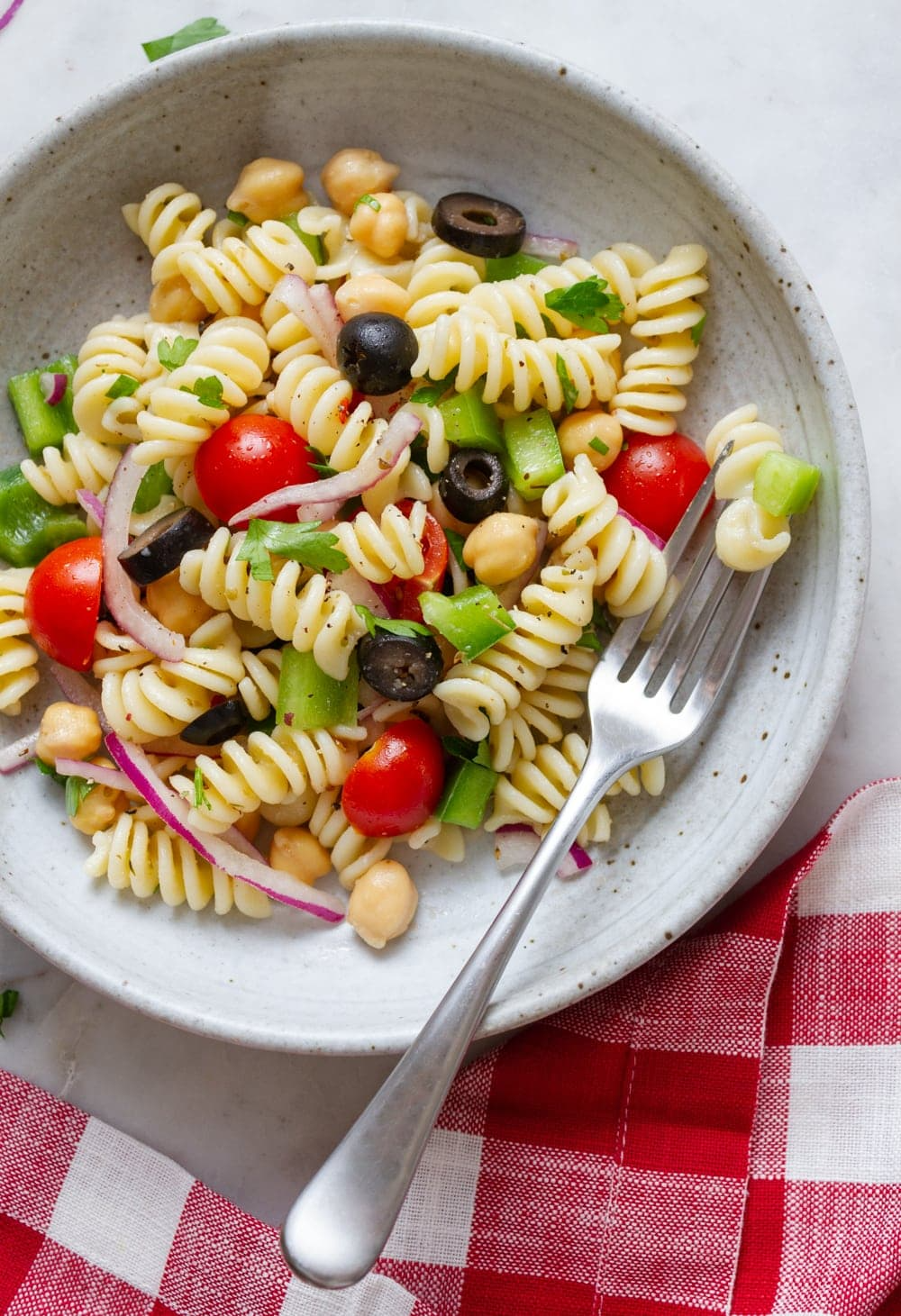An Eco Friendly Fabric softener (vinegar!)

Visit any supermarket and you’ll find an aisle packed with toxic fabric conditioners, all made with artificial fragrance and sold in plastic bottles (most are also tested on animals and contain palm oil).
But here’s the truth – you don’t need them. You can easily make clothes softer and reduce static cling, with other methods. Fabric conditioners also reduce absorbency (so not good for washable cloth nappies and feminine pads). And when tumble-dried, can even increase flammability of fabrics.
There’s a simple alternative to chemical fabric conditioners. Just add half a cup of unscented cleaning vinegar (not malt vinegar!) to the dispenser or final rinse cycle. The smell dissipates, so your clothes won’t smell like a bag of chips!
Choose unscented laundry detergents if pregnant/nursing and for baby/pet bedding (and higher temperatures for weak immune systems). Use natural oxygen bleach for stains. And use a microfibre filter, for synthetic fabrics.
Avoid Most ‘Biodegradable Laundry Sheets’
Most ‘biodegradable laundry sheets’ contain PVA (plastic polyvinyl alcohol). Plastic Pollution Coalition wants a ban on such terms being used, to greenwash consumers.
The law says that if 60% of something degrades into carbon dioxide and water within 28 days, it ‘passes the test’, even if the other 40% of plastic is still present, and leaches out to sea, after wastewater system treatment. As an example, salt also biodegrades, but it’s still in the water. Just like plastic pouches.
One environmentalist writes that in order to ‘trust items made with PVA’, she would want to know when, where and for how long PVA is coming into contact with such processes, as biodegradation needs certain times and temperatures, in order to safely break down. And as no company can promise this, she avoids them.
Got chemical laundry products under the sink? You can bin empty containers (don’t rinse). For half-full items, take them to toxic waste at your local refuse centre.






